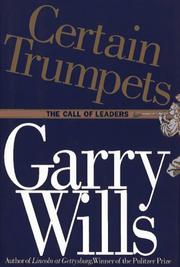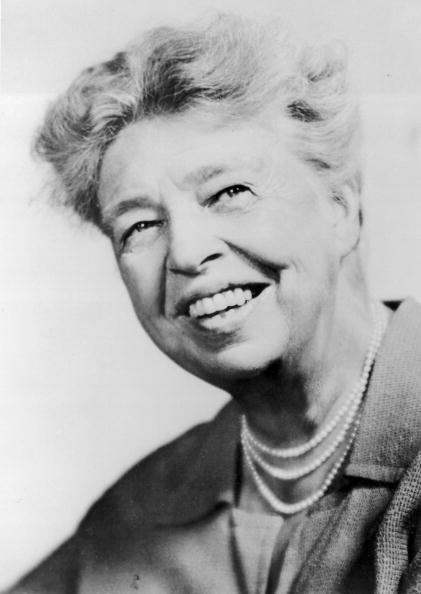All the reading about presidents brought me to Garry Wills’s book on leadership. It is so much more insightful, intelligible, digestible, and accessible than James McGregor Burns’s ‘Leadership’ (1979), often cited as the book that created leadership studies. Burns tries to bring everything–and I mean everything–under the heading of leadership, the result is like those banquets when all the courses from the soup to the dessert appear at once. Too much.

Wills’s book presents sixteen chapters profiling a leader matched with an anti-leader. His approach is informed by Max Weber, Thorstein Veblen, and Burns, but not with the straight-jacket such frameworks often produce. There is an opening discussion that separates leadership from management and from influence and a concluding chapter that emphasis context accompanied by thirty pages of notes. Though it reflects a great deal of study and research the book reads easily; I read it in one sitting.
Some of the usual leaders are rehearsed like Franklin Roosevelt and Abraham Lincoln along with Eleanor Roosevelt, Harriet Tubman, Mary Baker Eddy, Martha Graham, selecting leaders from sports, business, diplomacy, military, and more. The point is that political leadership differs from sports leadership differs from business leadership, and so on.
There is not a single thing Leadership that fits all cases. It is a simple point but it is hotly contested in both the popular leadership books and the academic literature on leadership. By the same token, to set leadership apart from management and influence is contested. Though both separations seem dead obvious to me but when I said so at conferences I walked into a firefight.
I learned more about Napoleon from Wills’s twenty page chapter than from the three biographies I have read, the shortest having 550 pages. They all had much more detail but less meaning than this chapter. The anti-leader set against Napoleon is George McClellan. Say no more. Though it is tempting to nominate Braxton Bragg who combined McClellan’s incompetence with spite.
Wills’s passing remarks contrasting Nancy Reagan to Eleanor Roosevelt won my applause. Now I know why I found the former so distasteful.
 Eleanor Roosevelt
Eleanor Roosevelt
Cesare Borgia is his example of an opportunistic leader and Wills’s main source on Borgia is one Niccolò Machiavelli. This is one chapter I read closely; yes, there were some I flipped through, admiring Wills’s breadth but not engaging with the substance. Borgia recognized that conditions change and success means both responding to those changes, and where possible anticipating them. Failure lies in ignoring or resisting these externalities.
Garry Wills in 1994.
For every leader he included there are others omitted. Winston Churchill and Huey Long are absent. For every leader included there are qualifications. With age Napoleon lost the audacity that made him. For every leader included, there were mistakes. Franklin Roosevelt picked fights he could never win early in his career but he learned not to do that.
Skip to content
